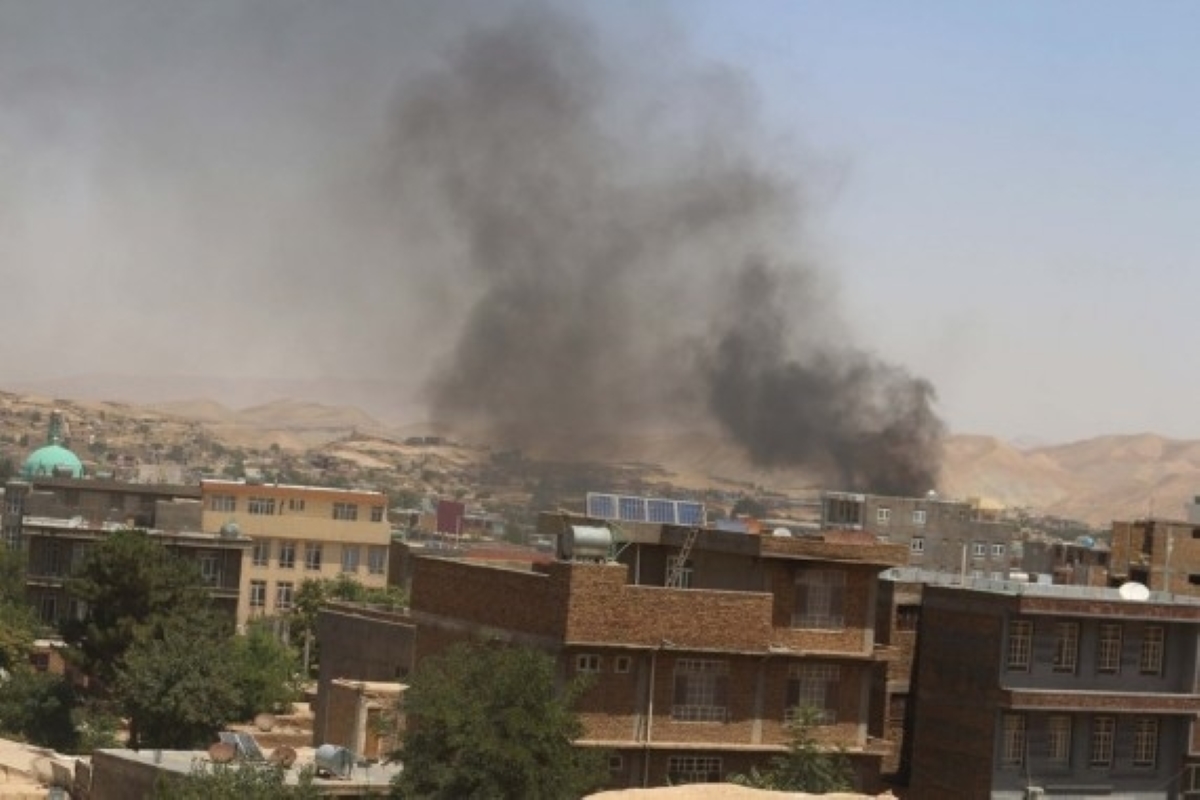Ramy Youssef advocates Palestinian freedom in SNL monologue
Golden Globe winner Ramy Youssef delivers a comedic SNL monologue, intertwining humor with calls for Palestinian freedom and solidarity.
This is the first time that a provincial government and the Taliban have agreed on a ceasefire

IANS
The governor of Afghanistan’s Badghis province and the Taliban have agreed to an unofficial ceasefire to end fighting in the provincial capital of Qala-e-Naw city.
“From 10 am today (Thursday), a ceasefire came into effect between Security and Defense Forces and the Taliban group in the provincial capital Qala-e-Naw city,” Governor Hasamudin Shams told Xinhua news agency.
However, governor Shams said no written agreement on the ceasefire had been inked and the truce is informal.
Advertisement
“The truce came into effect with the mediation of the elders of Qala-e-Naw city, and I am hopeful the Taliban remain committed to the verbal agreement,” the governor added.
Aimed at ending the conflict, the verbal agreement has no timetable, the official said, adding that he is hopeful the truce could turned into a permanent ceasefire.
This is the first time that a provincial government and the Taliban have agreed on a ceasefire amid the militant group’s advances and capturing more than 120 districts after the start of withdrawal of the US forces from Afghanistan early May.
Taliban militants now control all the districts in Badghis province, while continuing their attempts to overrun Qala-e-Naw since the past one week.
The ceasefire comes amid the Taliban’s demand for the release of 7,000 prisoners from Afghan government jails and delisting the names of their leaders from the UN black list as the precondition for observing a three-month ceasefire with the government.
First Vice President Amrullah Saleh had earlier rejected the demand, saying the government has released more than 5,000 Taliban detainees as a goodwill gesture to encourage the group for a meaningful dialogue.
But the dialogue process has been in limbo since 12 September last year.
Advertisement